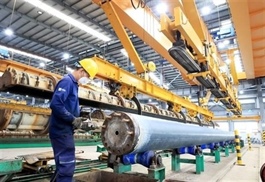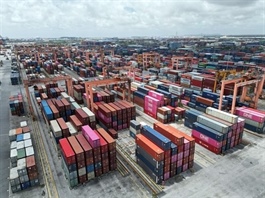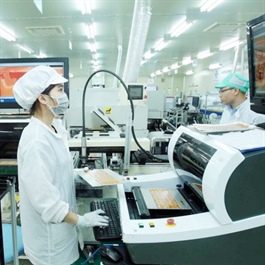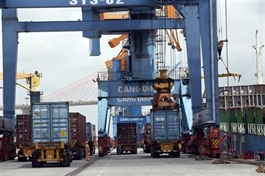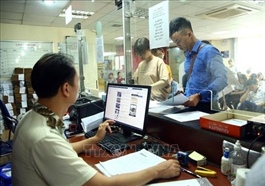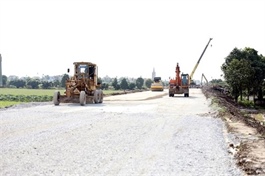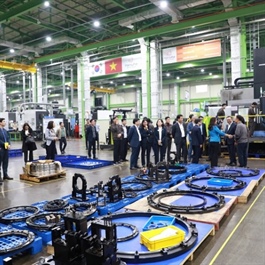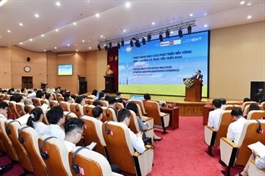HCM City needs $251.5 billion in investment for 2021-2030
HCM City needs $251.5 billion in investment for 2021-2030
HCM City needs VNĐ6.4 quadrillion (US$251.54 billion) in investment for the 2021-2030 period, according a draft report on the planning of country’s southern biggest economic hub.
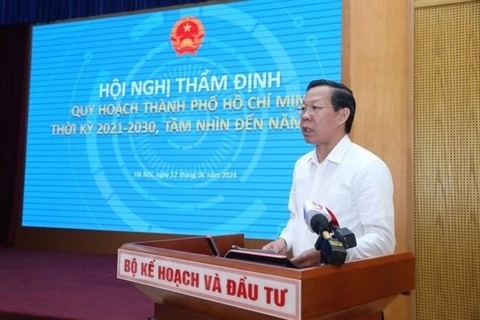
Chairman of the HCM City People's Committee Phan Văn Mãi speaks at the meeting. — VNA/VNS Photo courtesy of MPI |
Of the sum, VNĐ2.23 quadrillion is for 2021-2025, and the remainder for 2026-2030, heard a conference appraising the city’s master plan in Hà Nội on June 12.
HCM City will prioritise capital sourced from the state budget to projects with sluggish progress, focus on attracting strategic investors, and those with high-tech and modern administration, maximise resources from the private sector, and boost the public-private partnership.
Chairman of the municipal People’s Committee Phan Văn Mãi said the draft report identifies orientations for green economy, innovative urban area, smart infrastructure, civilised society and sustainable environment.
Notably, the southern metropolis expects to become an attractive and sustainable global city, and an economic, financial and service centre in Asia by 2050, where residents enjoy high living standards.
Its main economic pillars are based on high-quality trade and services, high-tech industry, modern construction, and sustainable marine economy associated with green economic models, digital economy, sharing economy and circular economy, with an annual GRDP growth rate of about 9% in the 2021-2030 period. By 2030, its GRDP per capita is projected to reach about $14,700-$15,400.
Under the document, a range of solutions are put forth to spur growth in the 2021-2030 period with a vision towards 2050, such as reforming institutions and growth model in parallel with economic restructuring, promoting marine economy, urban economy and green economy, and accelerating industrialisation and servitisation.
Participants at the conference suggested that HCM City should consider solutions to improve its urban administration capacity, trace bottlenecks to its tourism development, and pay more attention to flooding, high tides and wetland ecosystems in Nhà Bè and Cần Giờ districts.



